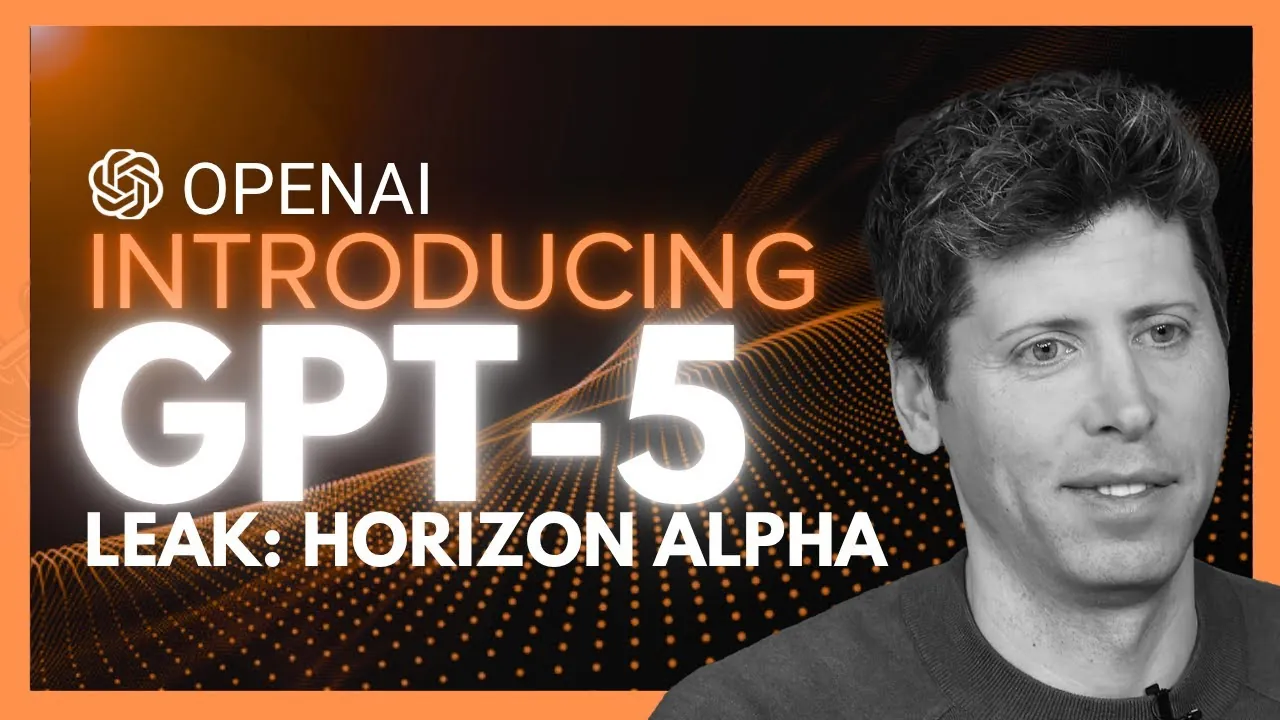San Francisco, 2025 – The AI race has entered a new chapter. OpenAI has unveiled Horizon Alpha, a groundbreaking open source model that blends massive scale with advanced reasoning, sparking debate over whether this technology represents the foundation of GPT-5 or a disruptive standalone leap forward.
At its core, Horizon Alpha is designed for scale and precision. Its ability to process up to 256,000 tokens of context, while outputting 128,000 tokens coherently, enables it to handle extensive datasets, legal archives, financial simulations, and complex technical documentation. Unlike its predecessors, it does not simply generate text—it navigates intricate reasoning tasks, making it suitable for policy analysis, strategic planning, and real-time decision support.
Industry observers note that Horizon Alpha’s benchmarks rival and in some cases surpass competing frontier models, including Google’s Gemini 2.5 Pro. In practical terms, this translates to rapid low-code development, high-fidelity simulations, and advanced creative design. Engineers report its utility in physics-based modeling, while strategists see its potential for scenario planning in economics and geopolitics.
Yet what truly sets Horizon Alpha apart is its accessibility. OpenAI has made the model available via the Open Router API for free community testing, a decision that democratizes access but also raises sensitive questions. Prompts and outputs are logged for refinement, ensuring continuous improvement through crowdsourced feedback. Supporters see this as a bold step toward collective innovation, while critics warn that wide-open experimentation could expose security vulnerabilities and accelerate the weaponization of generative AI.
The open source nature of Horizon Alpha also intensifies competitive pressures in the global AI landscape. While U.S. firms experiment openly, rivals in Europe and Asia may integrate similar frameworks into defense systems, economic models, or state-driven surveillance platforms. In this context, Horizon Alpha is not just a technological milestone—it is a geopolitical flashpoint.
The implications are vast. Creative industries are already adopting the model for immersive design and advertising, while software developers leverage it to slash prototyping time. Financial institutions and consultancies are quietly exploring its role in advanced modeling. For governments, the allure lies in its ability to process unstructured intelligence data and predict scenarios with remarkable depth.
As the testing phase unfolds, one question overshadows the excitement: is Horizon Alpha a precursor—a glimpse into GPT-5’s full architecture—or is it an intentional divergence toward a more decentralized future of AI? Either way, its release signals a profound shift. Horizon Alpha is no longer just a research experiment; it is an inflection point in the struggle over who will set the standards for the next era of artificial intelligence.
The world is watching, and the race to shape AI’s future just accelerated.






